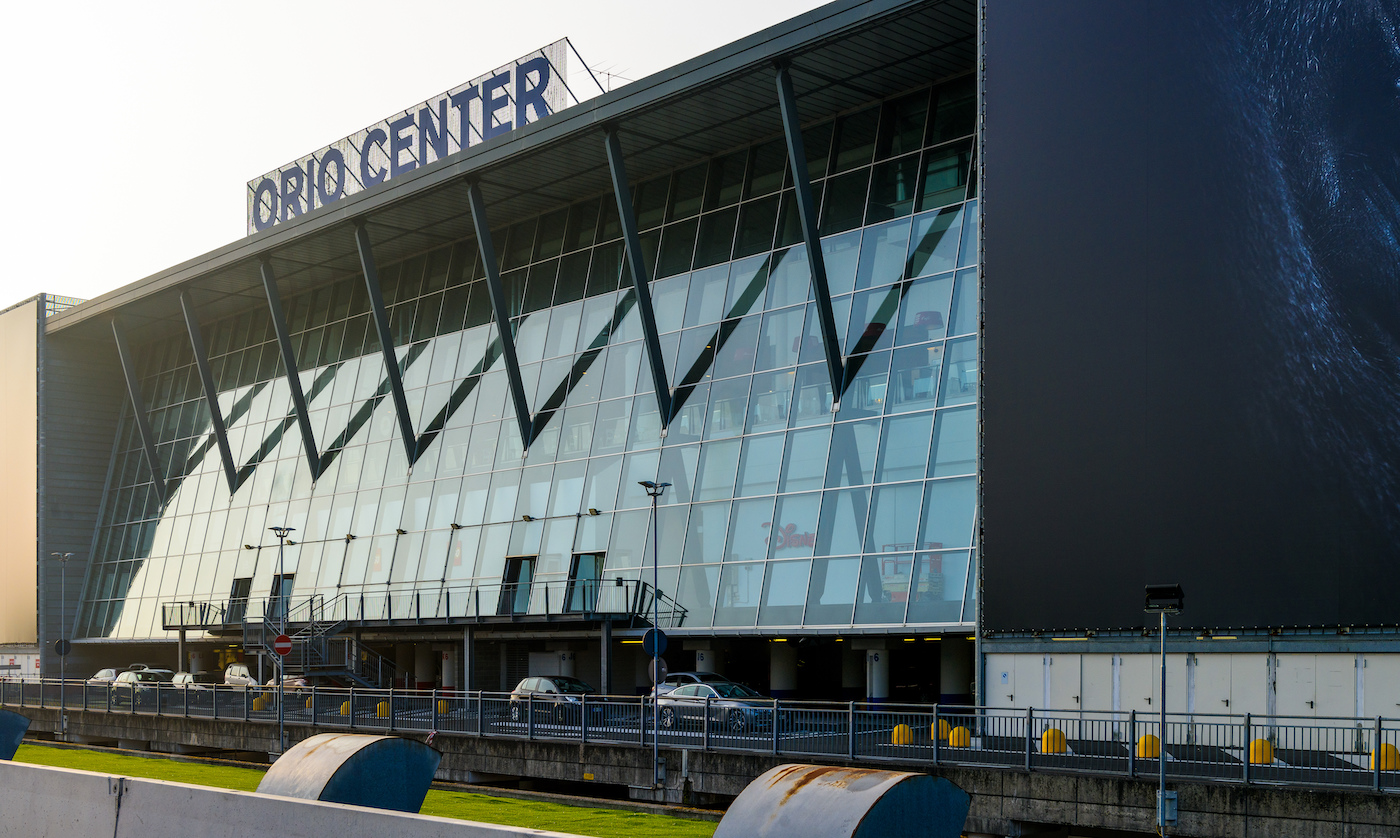Malta International Airport (MIA) has accused the health authorities of making it harder for Maltese residents to travel and thus putting the airport at a disadvantage compared to its European counterparts.
“Malta International Airport is being placed at a significant disadvantage when compared to other European airports, which to date are all accepting the vaccination certificate validity period as stipulated by the European Commission.”
MIA was referring to the fact that, from 17th January, Malta plans on placing a shorter expiry period – namely three months – for COVID-19 vaccination certificates after the second dose, instead of the nine-month period stipulated by the European Commission (the Commission).
“This undermines consumer confidence for the tourism industry during this already very challenging winter period,” MIA said in comments provided to BusinessNow.mt.
“We urge the health authorities to halt the introduction of further unnecessary and haphazard travel restrictions, which go against the spirit of the European Union to facilitate free movement across all member states.”
The Commission itself is also seeking clarification from Malta. A spokesperson told The Times of Malta that, under new EU rules that came into force on 21st December, “member states must accept any vaccination certificate that has been issued less than nine months since the administration of the last dose of the primary vaccination”.
As yet, no standard acceptance period has been set at EU level for certificates issued following the administration of booster doses, since currently there is not enough data available regarding the period of protection after the administration of a booster.
Domestically, an unofficial ‘grace period’ is predicted after the 17th January implementation of Malta’s new vaccine mandate, which will require people to present their vaccine certificate to enter establishments, rather than being enforced instantly.
Sources in the hospitality and catering industries told BusinessNow.mt they believe it is likely there will be a period where vaccine certificates will be required, but those without booster doses will still be allowed into establishments. According to one source, this grace period will be three months.
Meanwhile, the legal notice underpinning Malta’s new rules has yet to be published.
Last year, there was confusion as to whether vaccine certificates would have any expiry date at all. While Superintendent for Public Health Prof. Charmaine Gauci had said certificates had no date on them, a legal notice had stipulated a validity of six months.
Malta flights to Bergamo suspended following fatal incident
An incident resulted in the cancellation of several other flights, with some flights being redirected to nearby airport
Malta’s business economy grows by 15.6% in 2023
While large enterprises continue to play a leading role, SMEs and micro-businesses remain vital pillars of the economy
MFSA and Central Bank warn of loan and email scams
Both institutions urged the public to report suspicious activity and avoid sharing personal data with unverified sources






